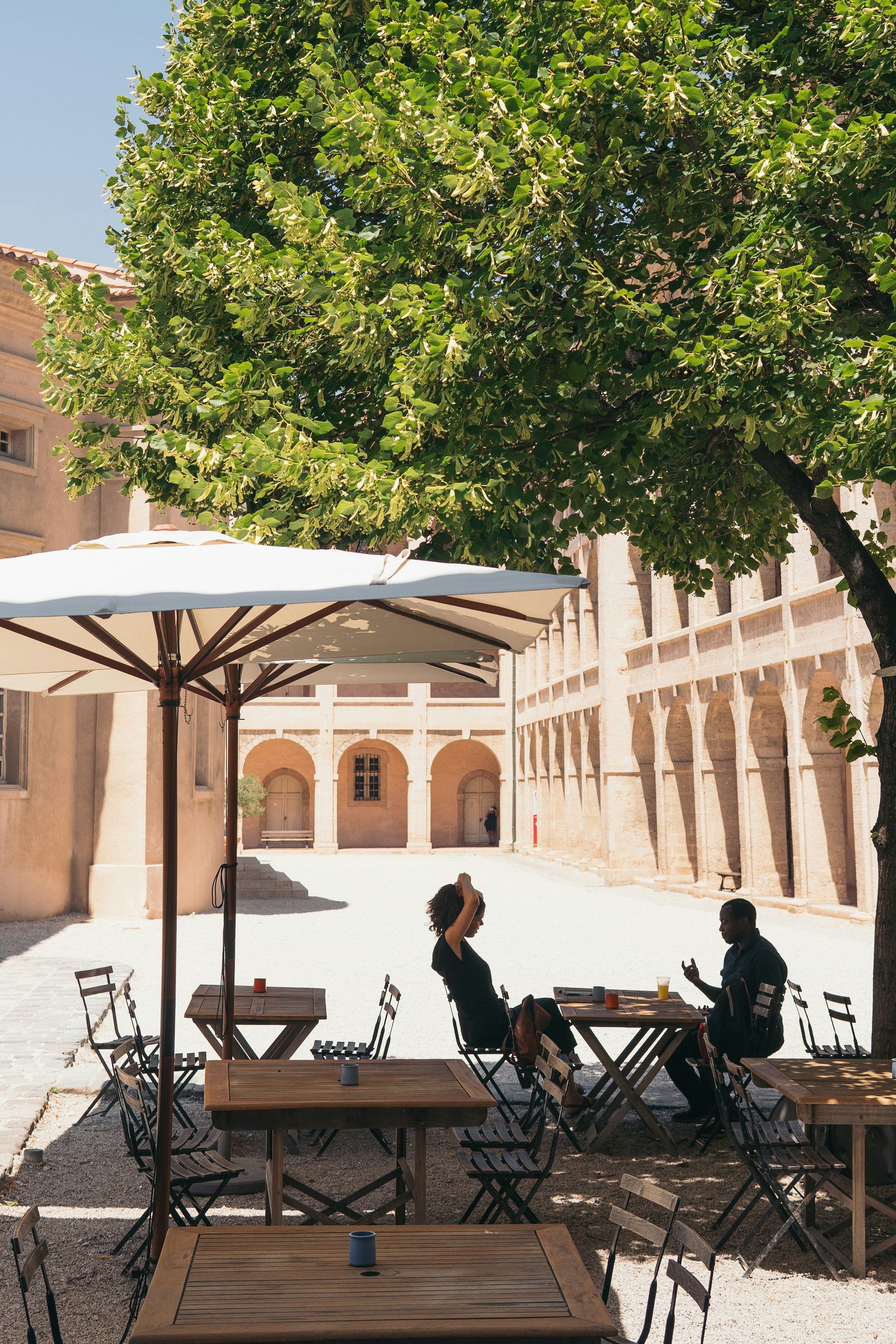Jane Hirshfield, "A Day Is Vast"
“A day is vast. / Until noon. / Then it’s over.”

“I don’t know what time is,” muses Hirshfield. But making “What is time?” an immediately relevant question, as this poem does, surely involves a more advanced understanding of the concept.
“What is time?” has a wondrous, cosmological dimension. If you want to grasp the creation of the universe, an account of time itself seems necessary.
For myself, I want to know if I can make more of my time than I did yesterday. Am I able to get more out of life as I age? What does that even entail?
Some find these questions answered in big families. Giving generous attention to young and old is a skill, where warmth and presence are multiplied. Love finds itself communicated readily.
Being alone is tougher. A lot of people dismiss it—some aspects of religion even attack it—because it leads to tough, uncertain reflection. “What is time?” for an individual may involve a frightening level of justification. For example: do I need to know that my life was worthwhile if I’m completely forgotten?
But we all find ourselves alone, at some point.
A Day Is Vast Jane Hirshfield A day is vast. Until noon. Then it’s over. Yesterday’s pondwater braided still wet in my hair. I don’t know what time is. You can’t ever find it. But you can lose it.
***
“A day is vast,” and right away I’m filled with possibilities. If Hirshfield thinks it vast, then surely there’s more I can get from my day. I want the words to challenge me.
“A day is vast. / Until noon. / Then it’s over.” “A day is vast” still stands alone, if I wish to have that idea on its own.
But now, there’s “Until noon. / Then it’s over” too. The vastness of the day, it seems, depends on the feeling of ascent. Of never even having to contemplate descent.
This is strange to think about, especially when one is older and alone. I’m writing at 8:30 in the evening, thinking of getting some fast food because I’m still hungry. At this moment, my life is pretty much a descent. Is there nothing “vast” as I’m reading, thinking, and writing?

The power of “A day is vast,” I believe, is questionable. The things that matter most can’t depend only on a feeling of ascent. I remember being in the bookstore and watching very elderly people take their time with books. To move, relax, and read was a struggle for them. But they did it. It didn’t feel like they were taking a word for granted.
There’s a vastness that might be bigger than a day.
***
Hirshfield moves to her true riddle. The energy we invested in the previous day, the day we felt “vast,” has become something else entirely. “Yesterday’s pondwater / braided still wet in my hair.” “Pondwater” recalls Basho’s legendary haiku: “The old pond; / A frog jumps in — / The sound of the water” (tr. Blyth). Into what is most ancient, life dives in, becoming a sound. What we have of time are words.
For a moment, the pondwater is still there. “Braided:” it is tied into her hair. If there were lovely memories of a lake or a walk in the woods, they’re still fresh, even though they are already history.
The riddle is how time is alive. How moments are felt, ascending, “braided.” The water from yesterday still lingers today, and two moments have joined to form a new, different one. But what that means—as miraculous as it is—might only be said.
***
In order for vastness to linger, one has to try to not say what is. “I don’t know what time is.”
Let the words mark the riddle. Let them point, let them be signs.
Let it be clear what can be lost. “You can’t ever find it. / But you can lose it.” Some will scoff and say time is always being lost. That’s not quite true. I can certainly distinguish from when I’ve wasted time from when I’ve made something of it.
Some want meaning given to them. An infallible authority, preferred. They want strict principles explaining why things are as they are. It’s funny, too—a lot of the people who gravely pronounce everything they don’t like “nihilism” claim to be advocates of “wonder.”
I return to the elderly in the bookstore, straining to read. It’s a lonely, cruel world for so many. It’s not right to be left alone with words. To take a few words, though, and make them yours? The frog meets the water. Makes the sound in which it resides, eternal.
